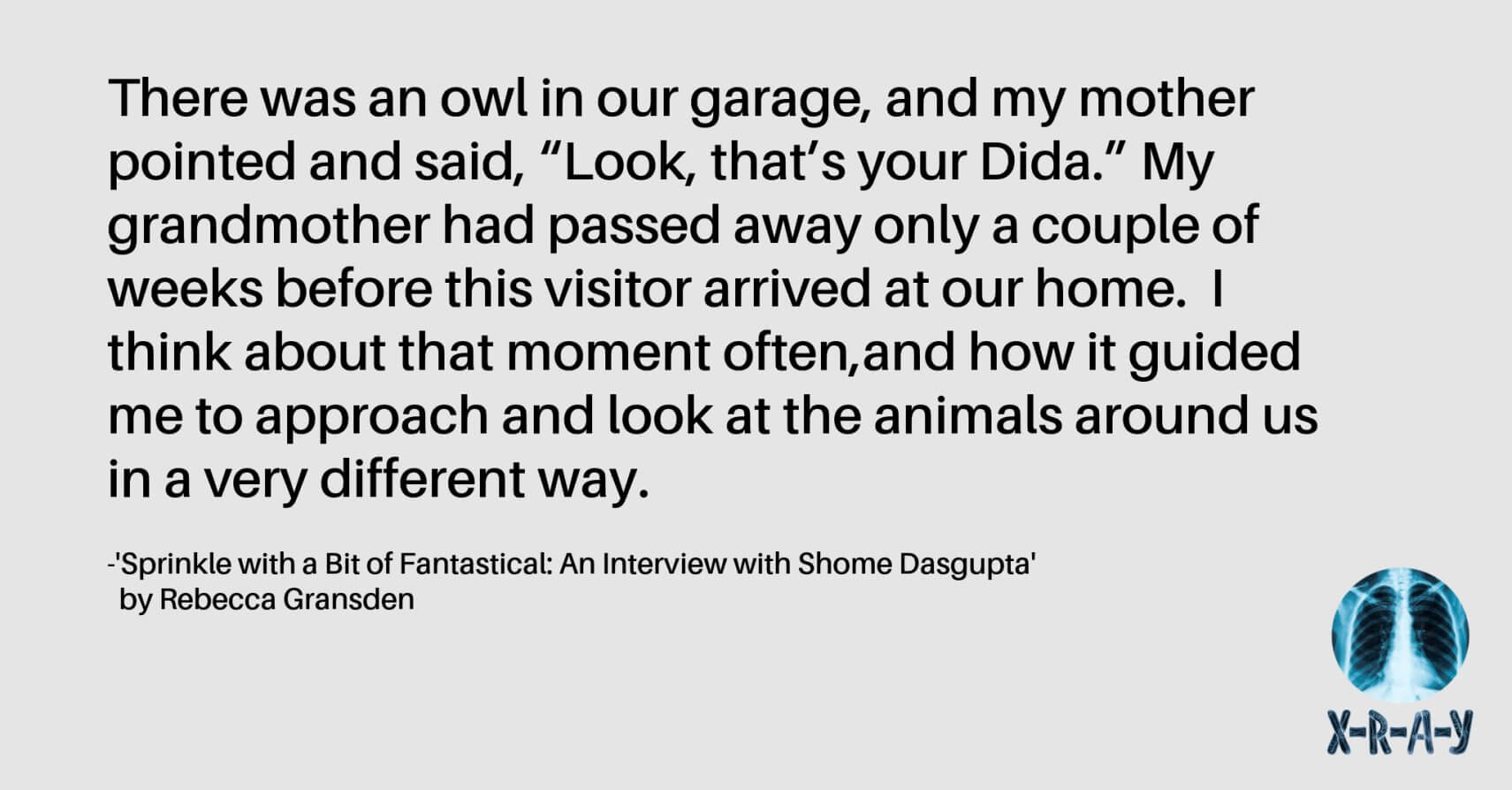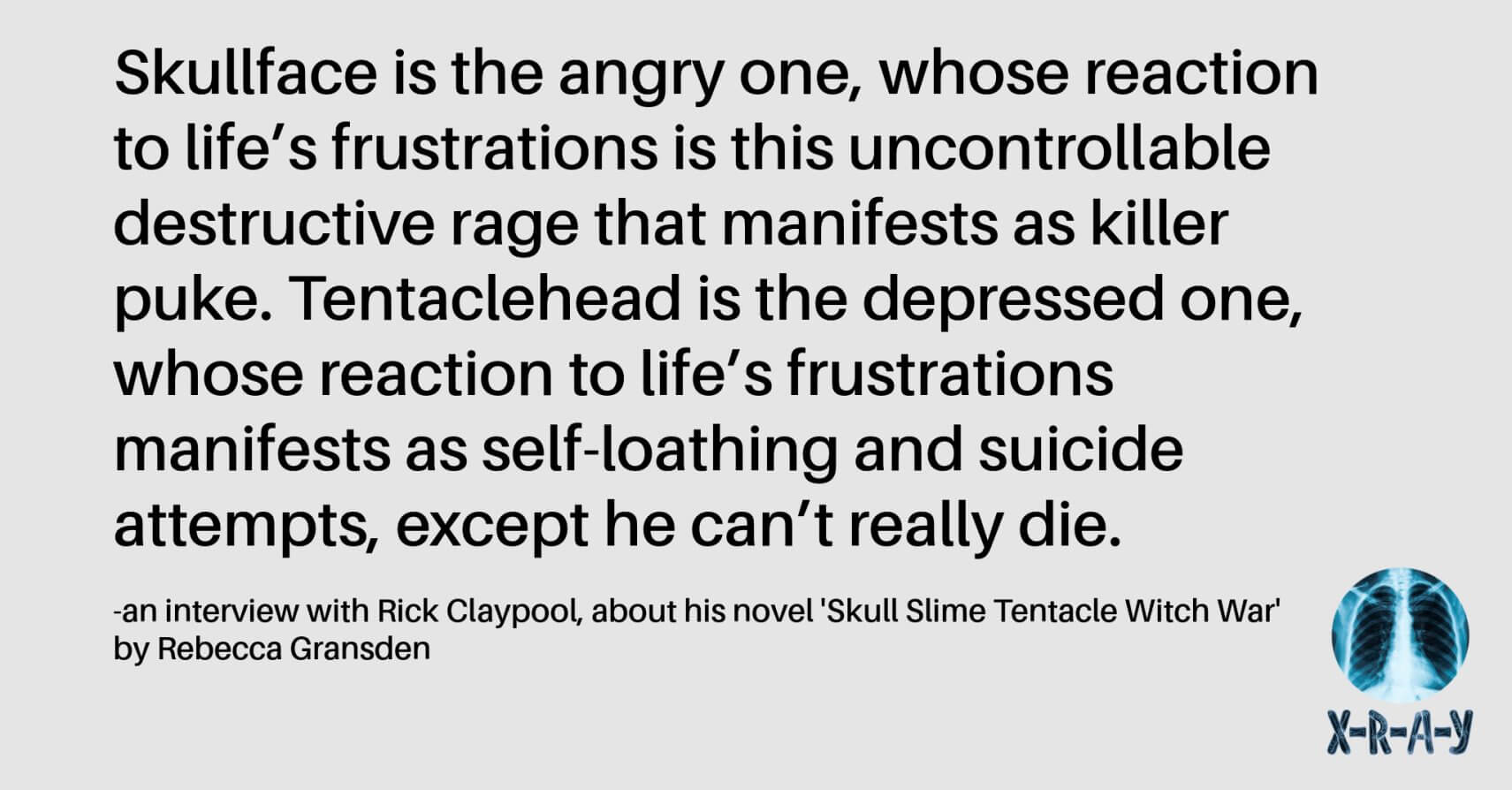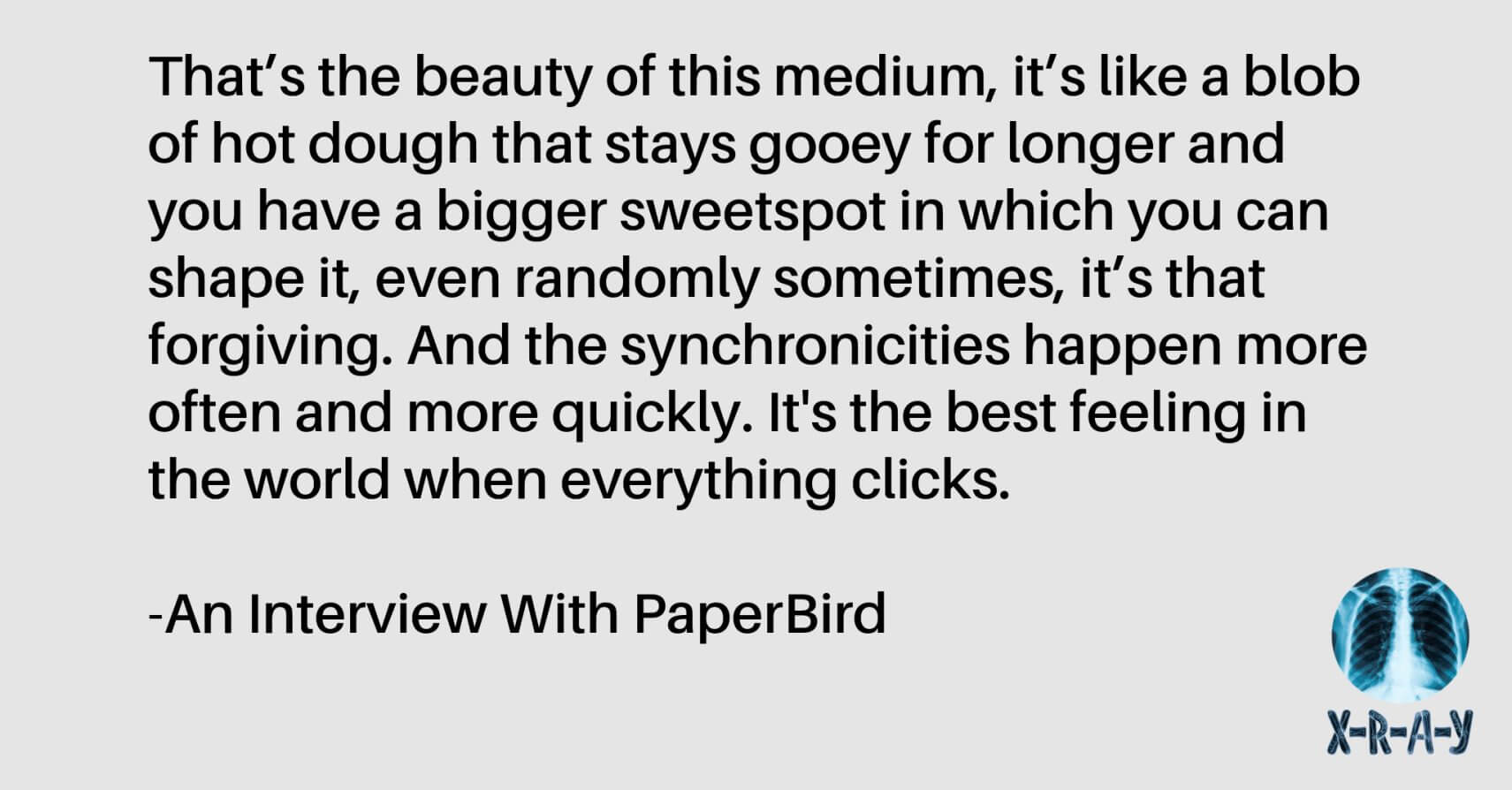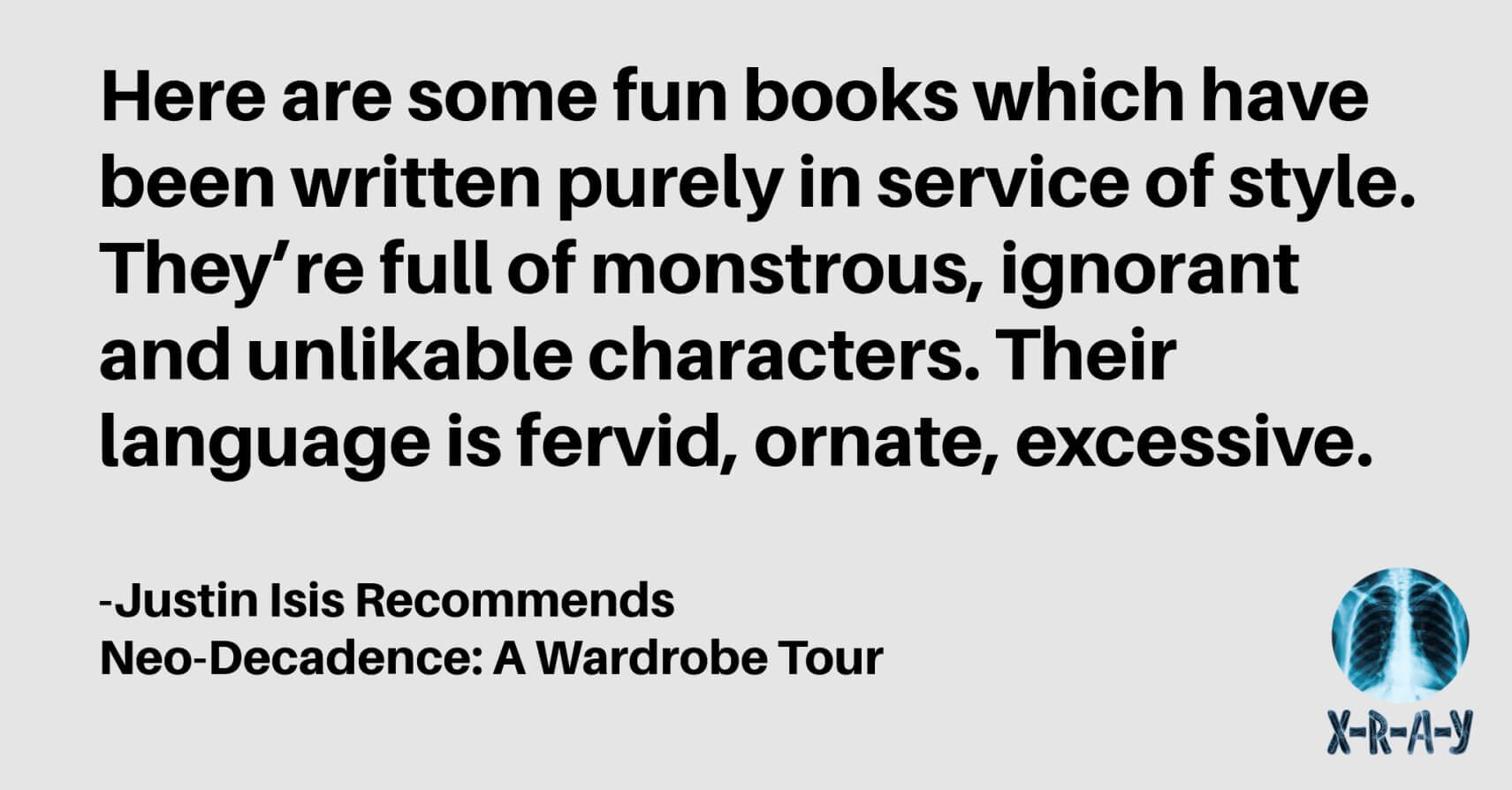
JUSTIN ISIS RECOMMENDS – Neo-Decadence: A Wardrobe Tour
Relax, for the moment. Your enduring boredom with contemporary art, writing and poetry results not from the sirenic tug of allegedly competing media, but from the soporific stupidity/sincerity to which most artists, writers and poets have willingly reduced themselves. Is there a solution? One often wishes to fall at the foot of AI and implore: “PLEASE, dear statistical large language model, with saintly expeditiousness, render these arriviste mediocrities obsolete, financially and culturally! We’re sick of hearing their ‘raw’ and ‘authentic’ thoughts as they froth themselves into a lather of cliché over representation, compassion, empathy and all other vanities worshiped by…

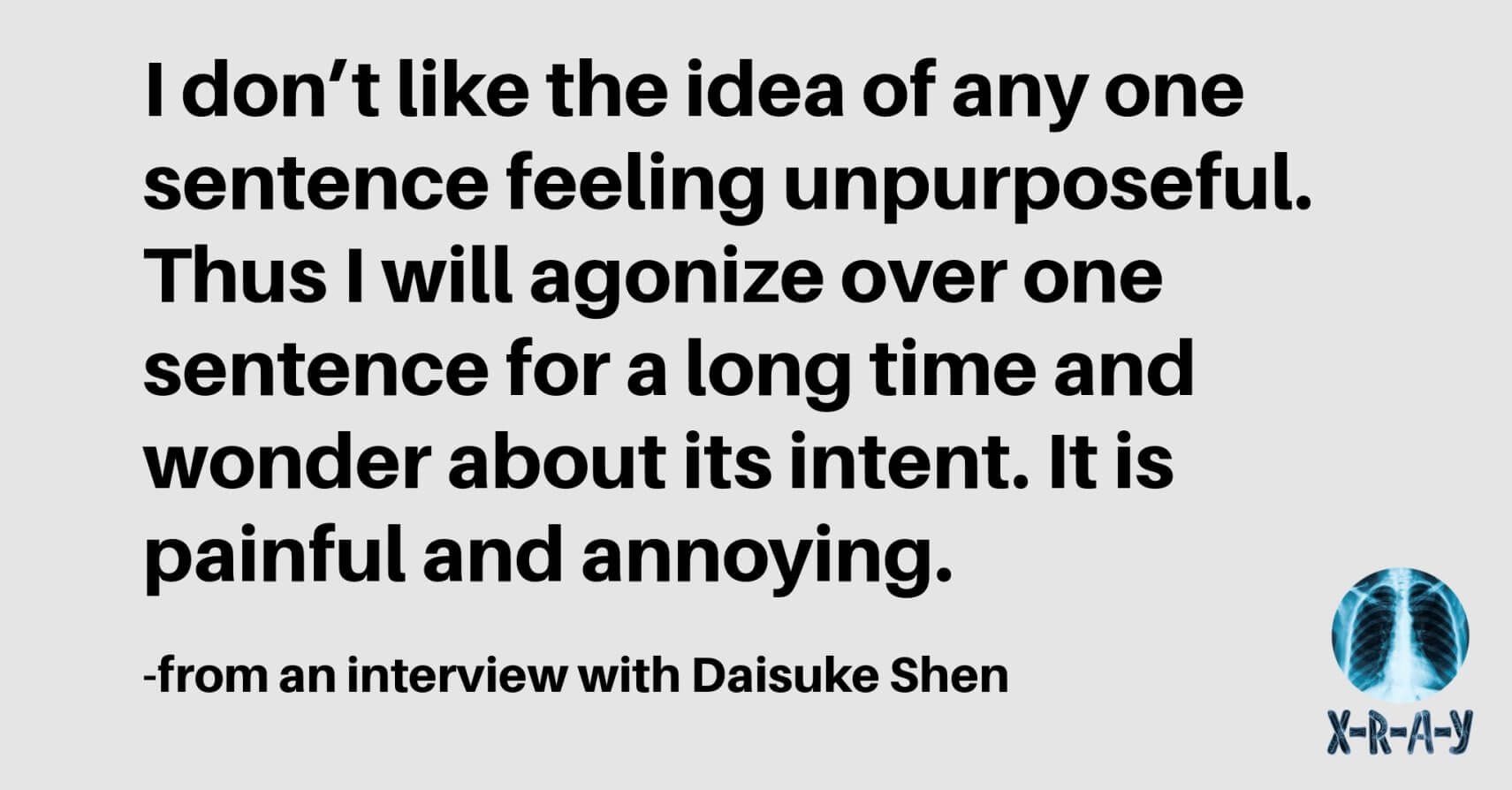
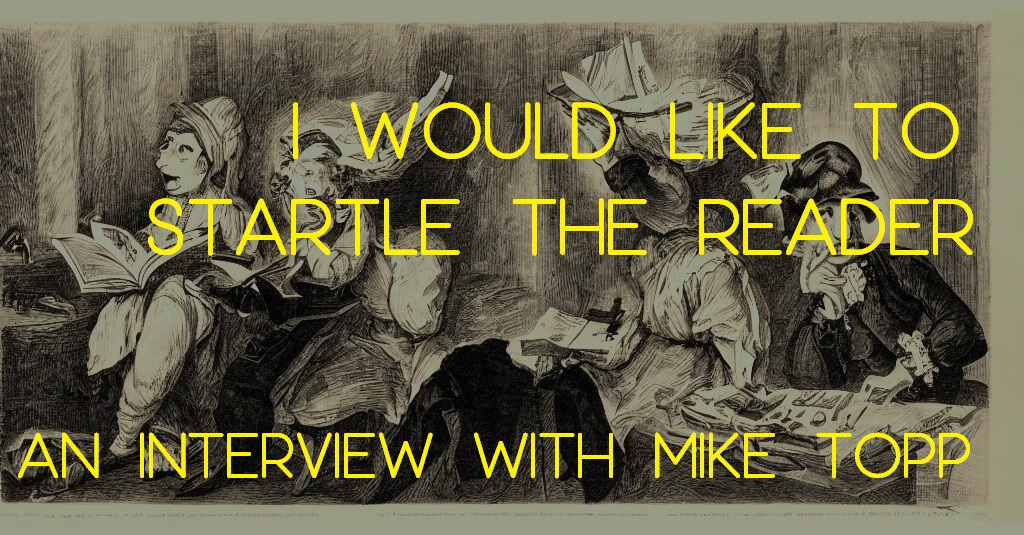
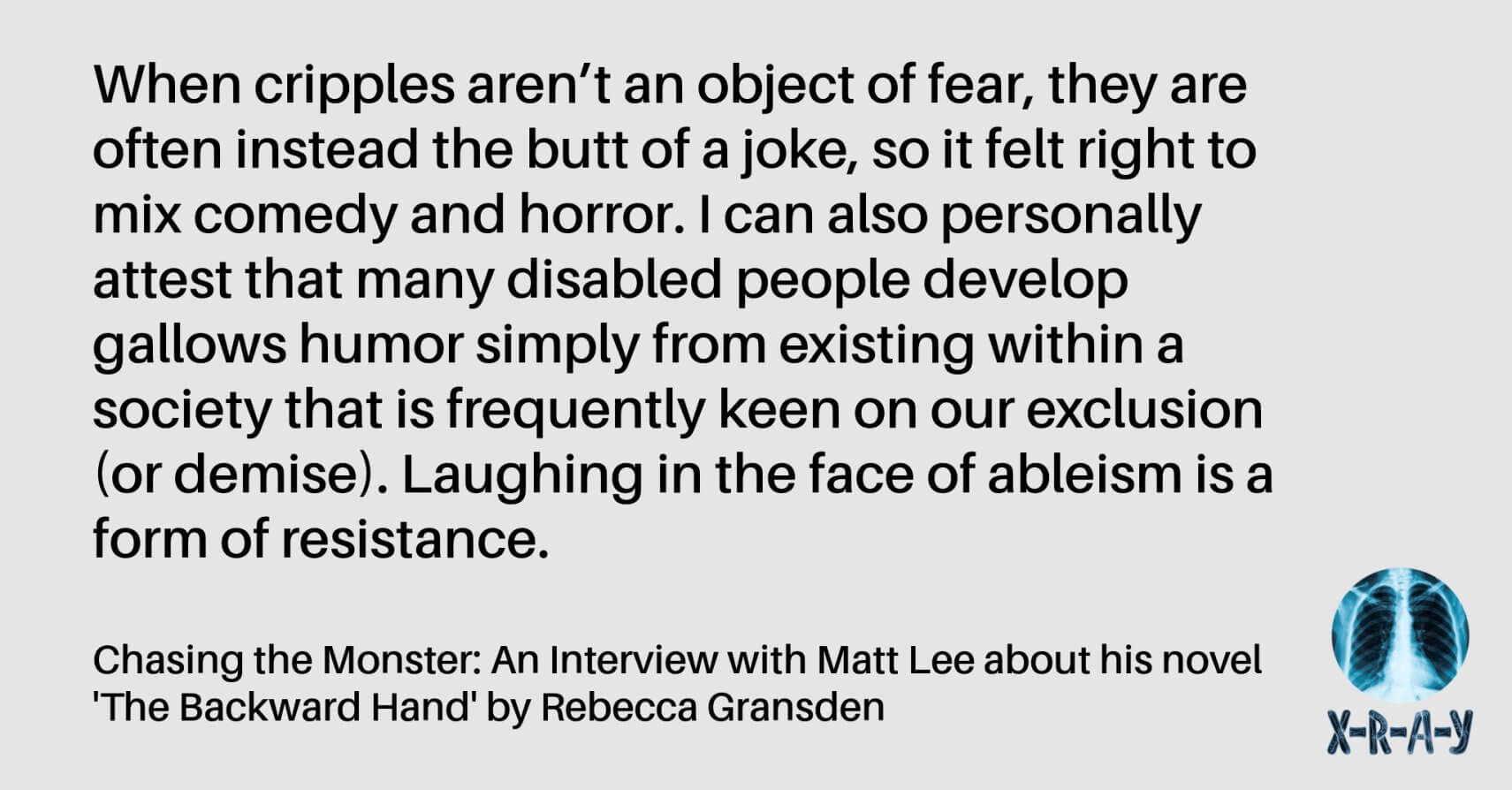
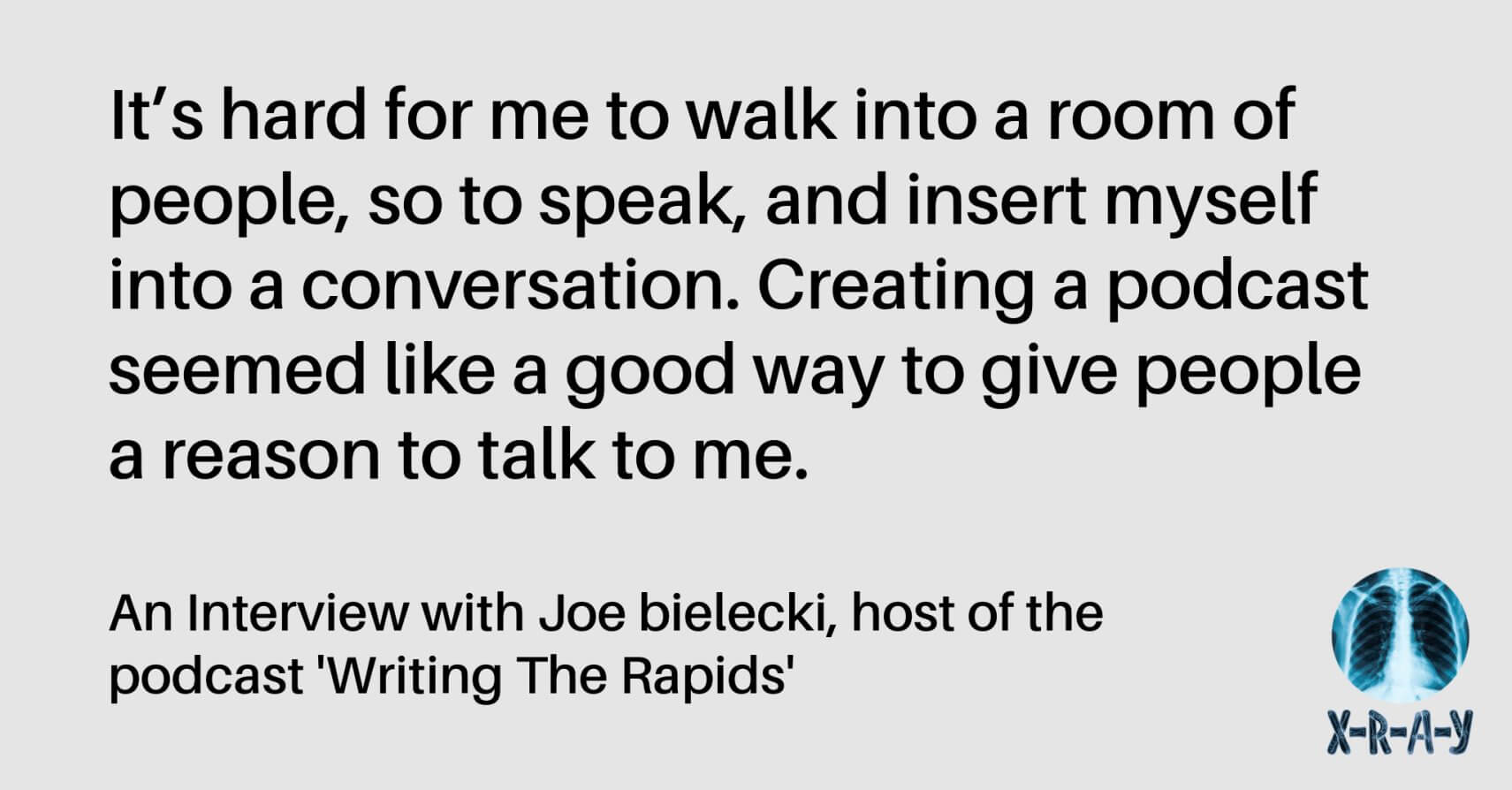
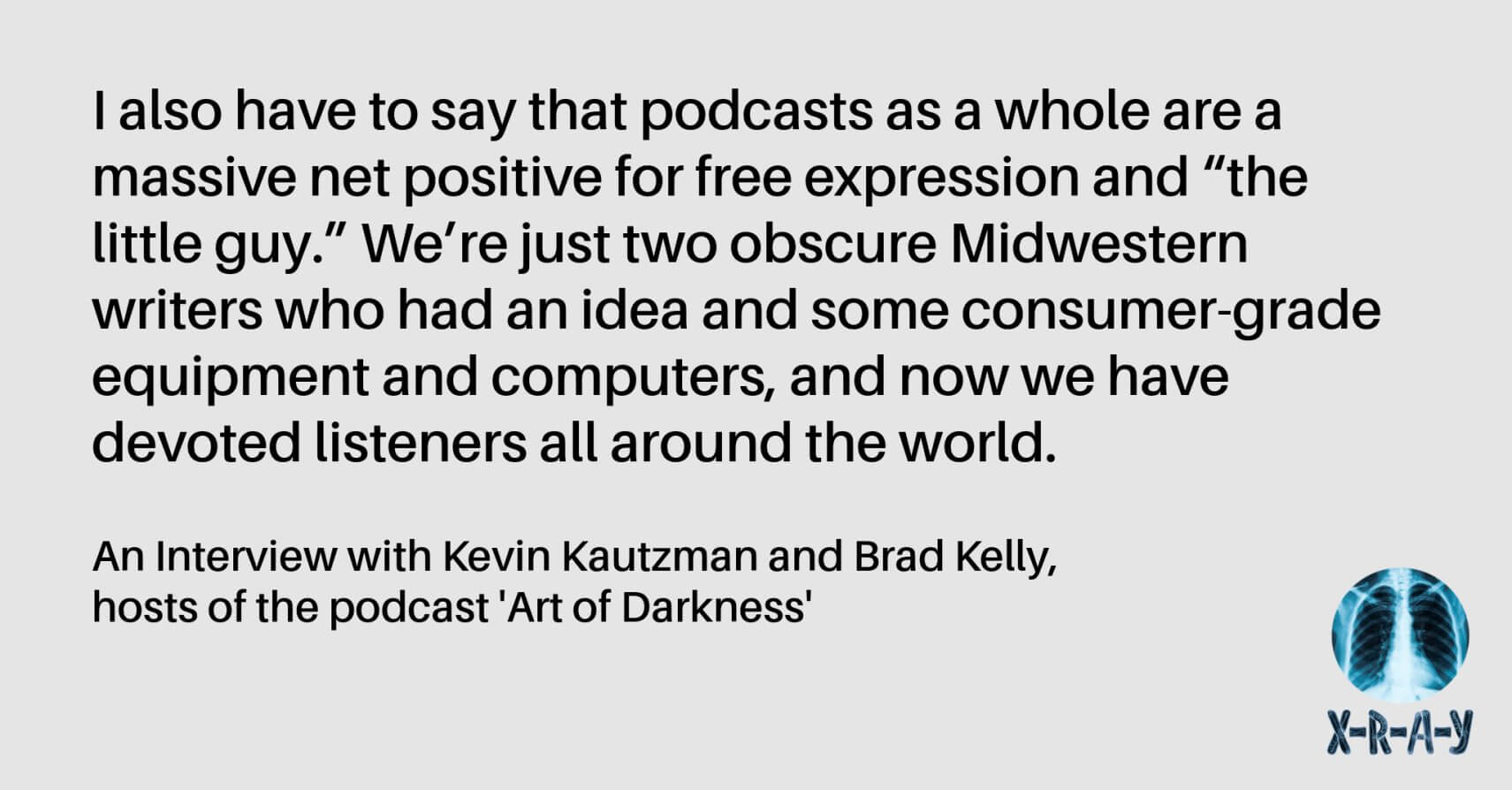
![“TORN BETWEEN THE PAST AND THE FUTURE […] UNSURE IF ANY TANGIBLE PRESENT EXISTS”: An Interview with David Leo Rice “TORN BETWEEN THE PAST AND THE FUTURE […] UNSURE IF ANY TANGIBLE PRESENT EXISTS”: An Interview with David Leo Rice](https://xraylitmag.com/wp-content/uploads/2024/07/berlin-wall-post-1711x894.jpg)
